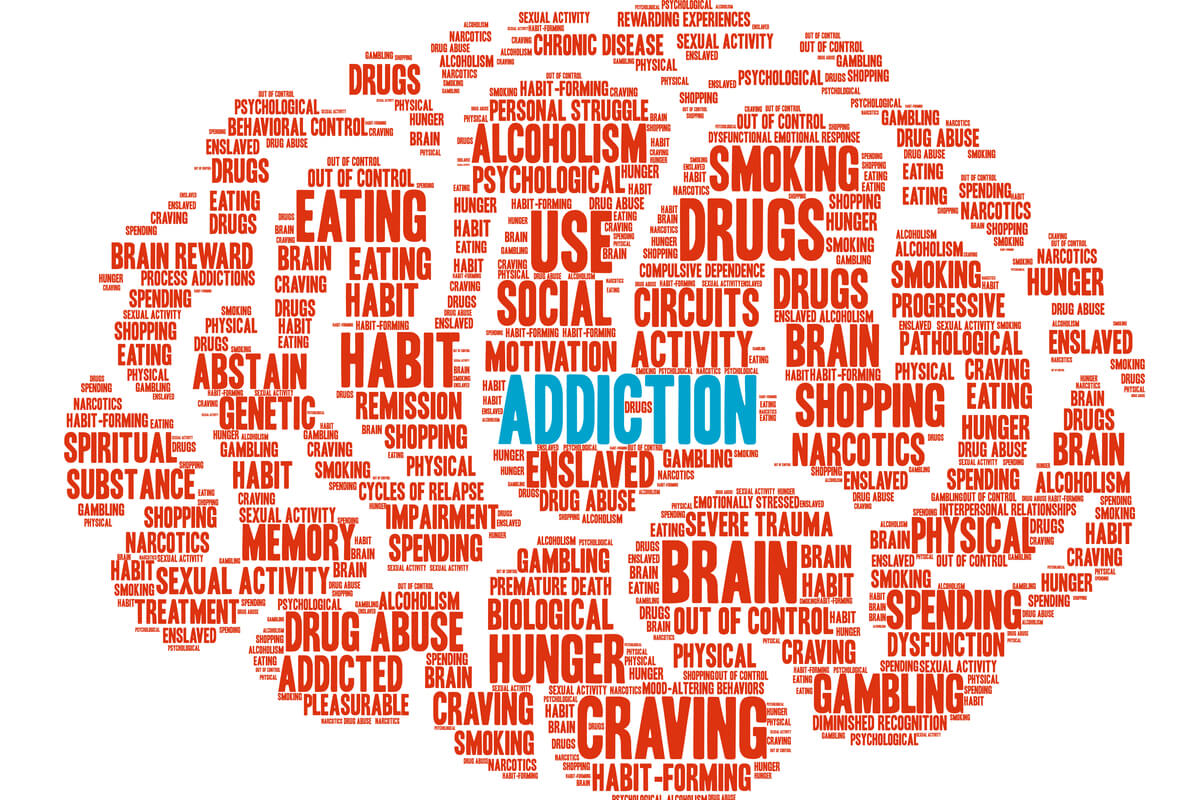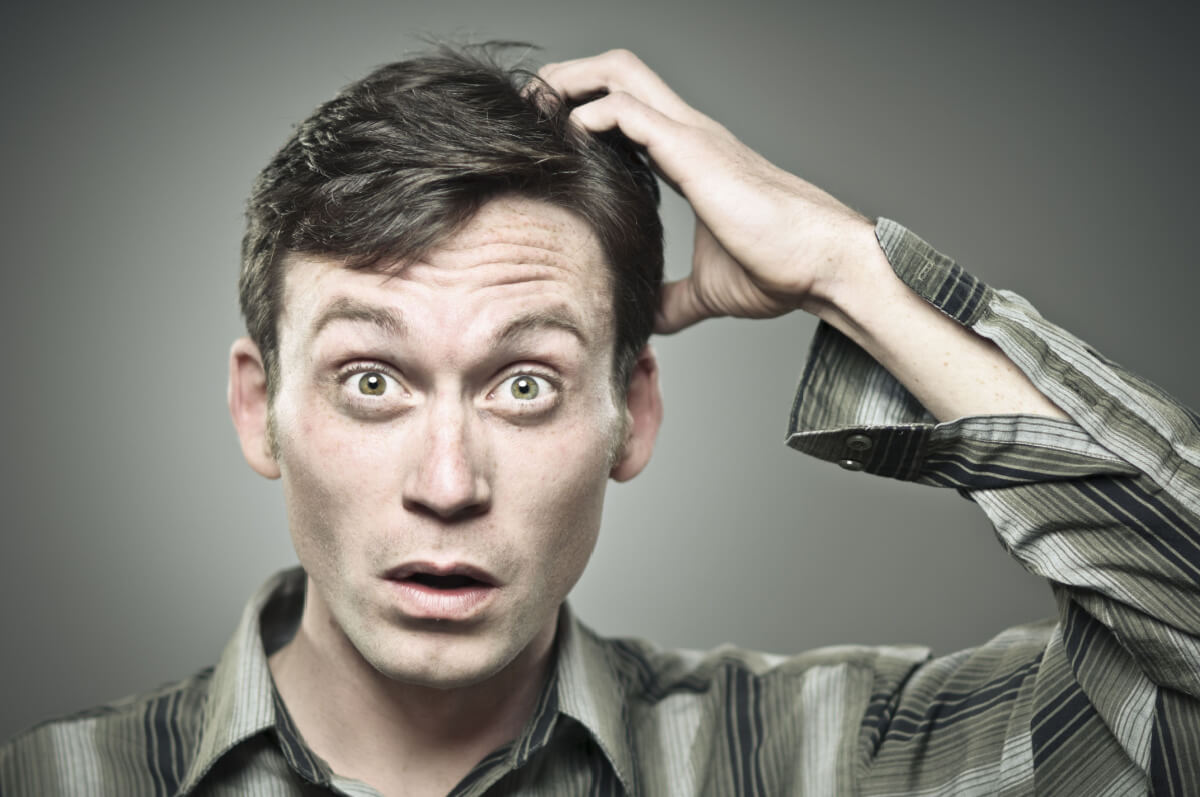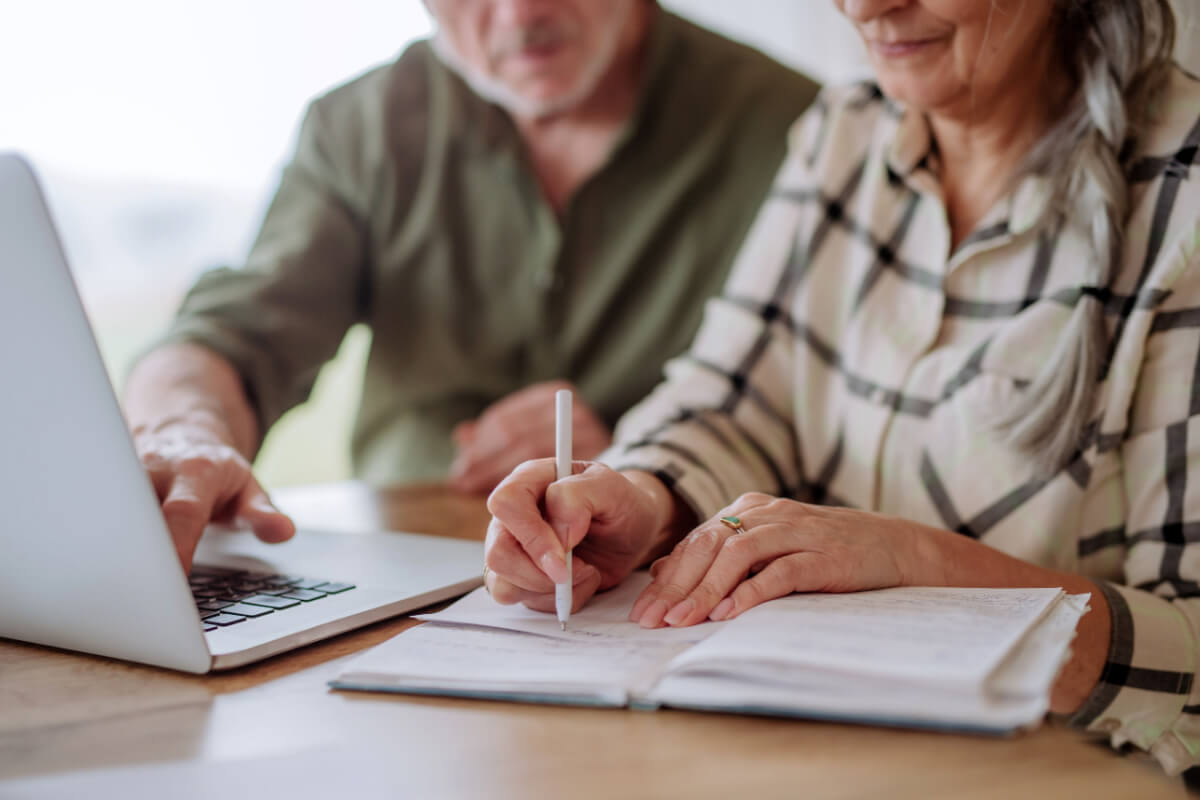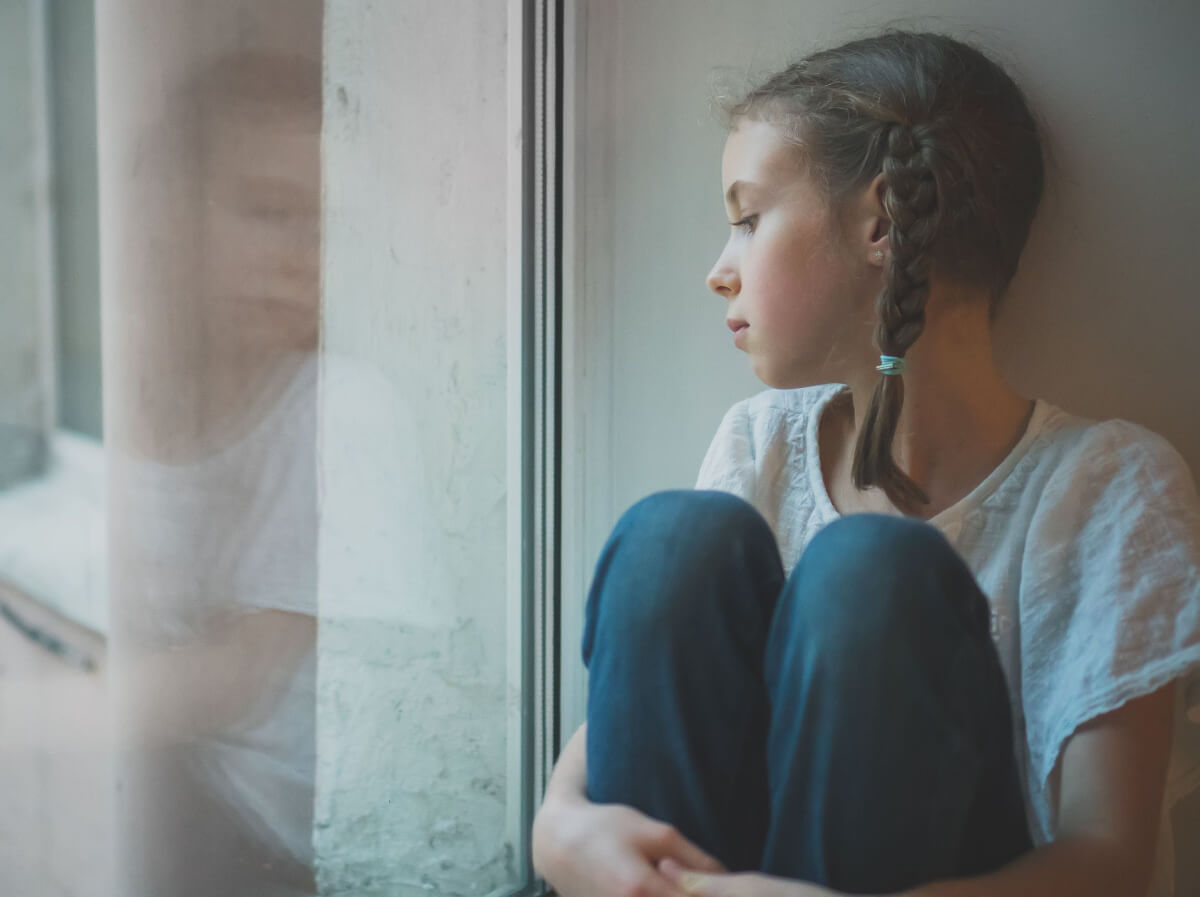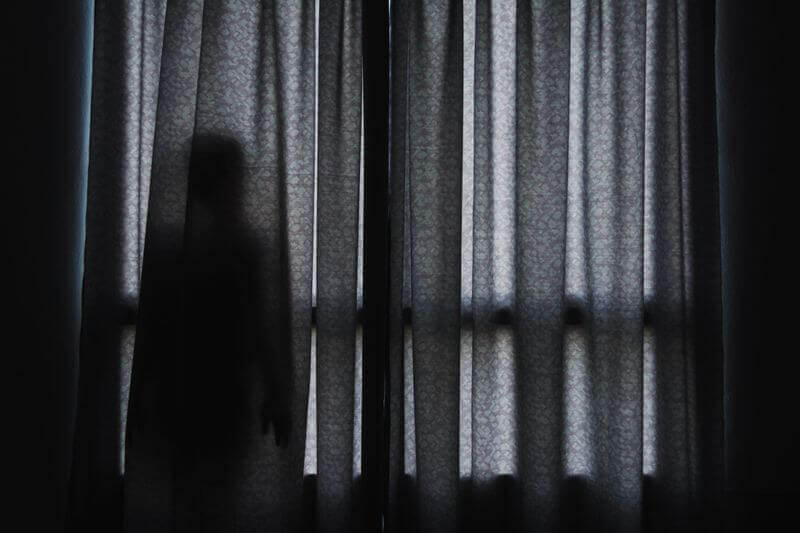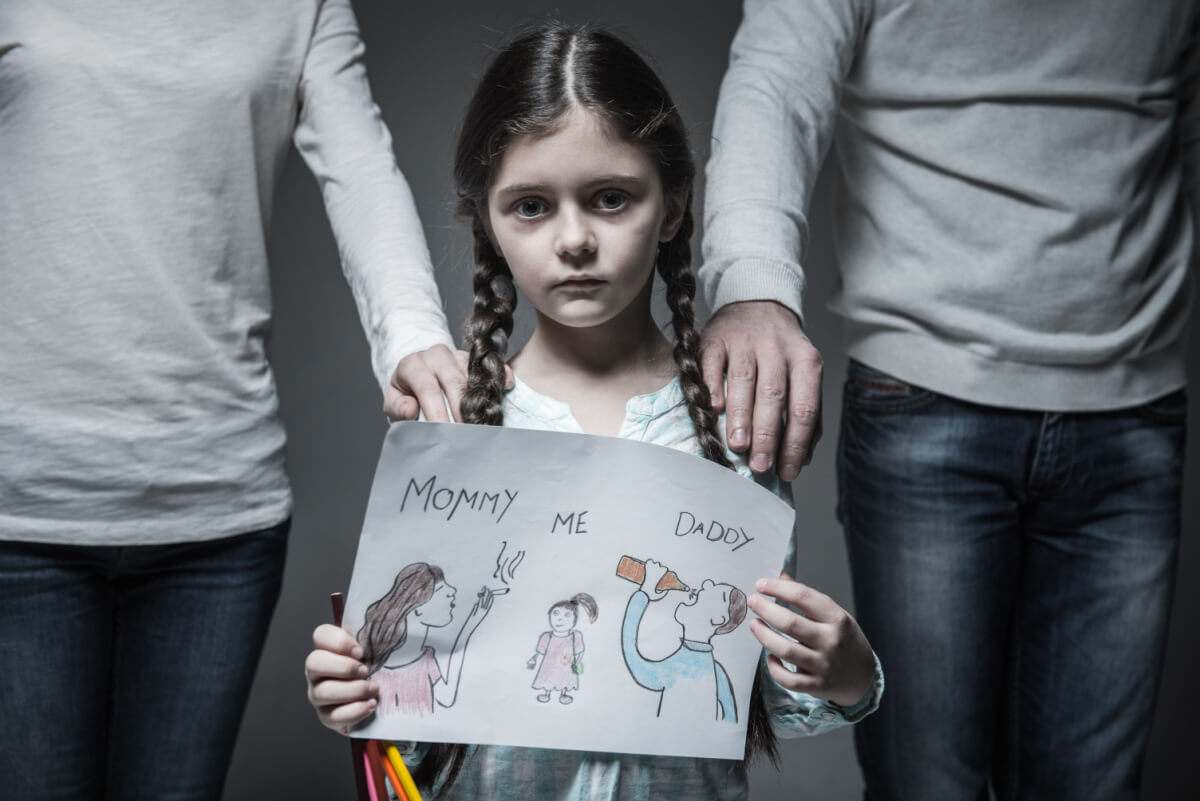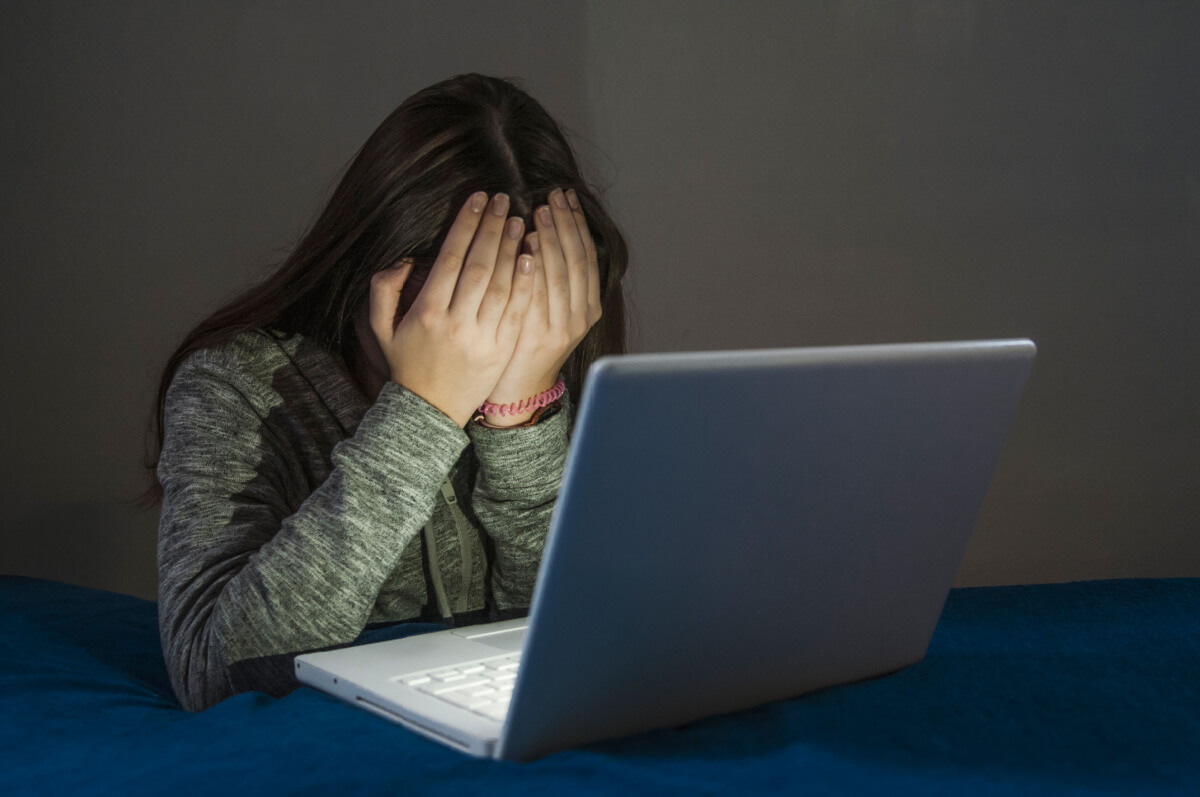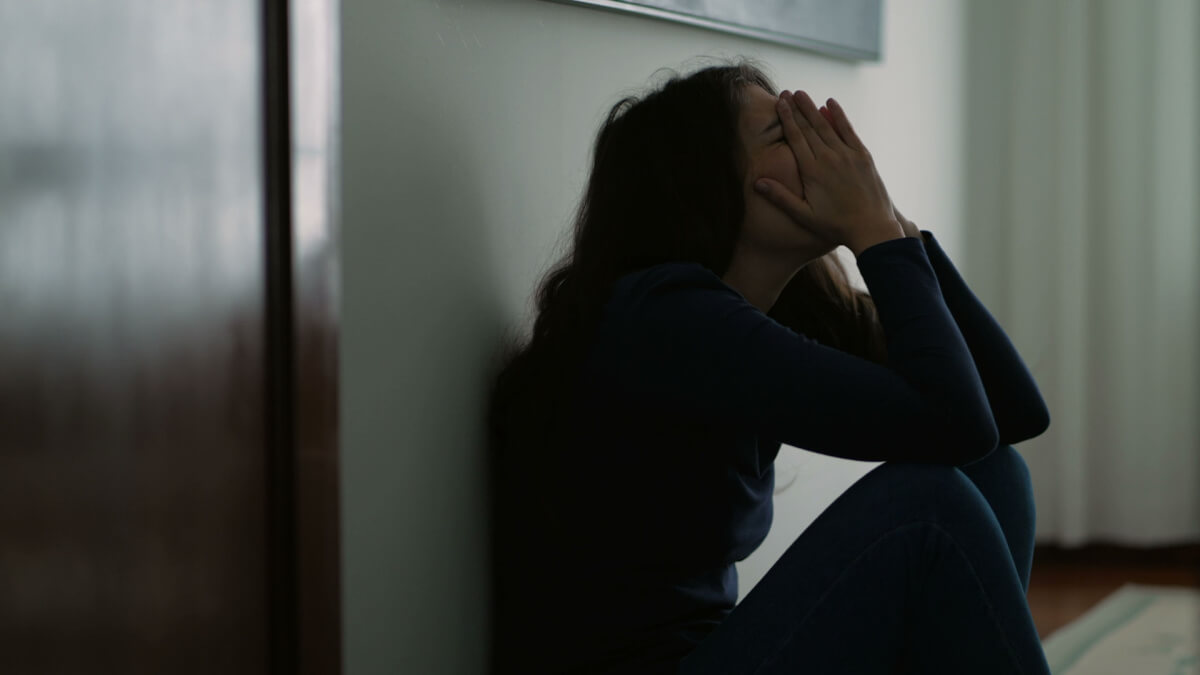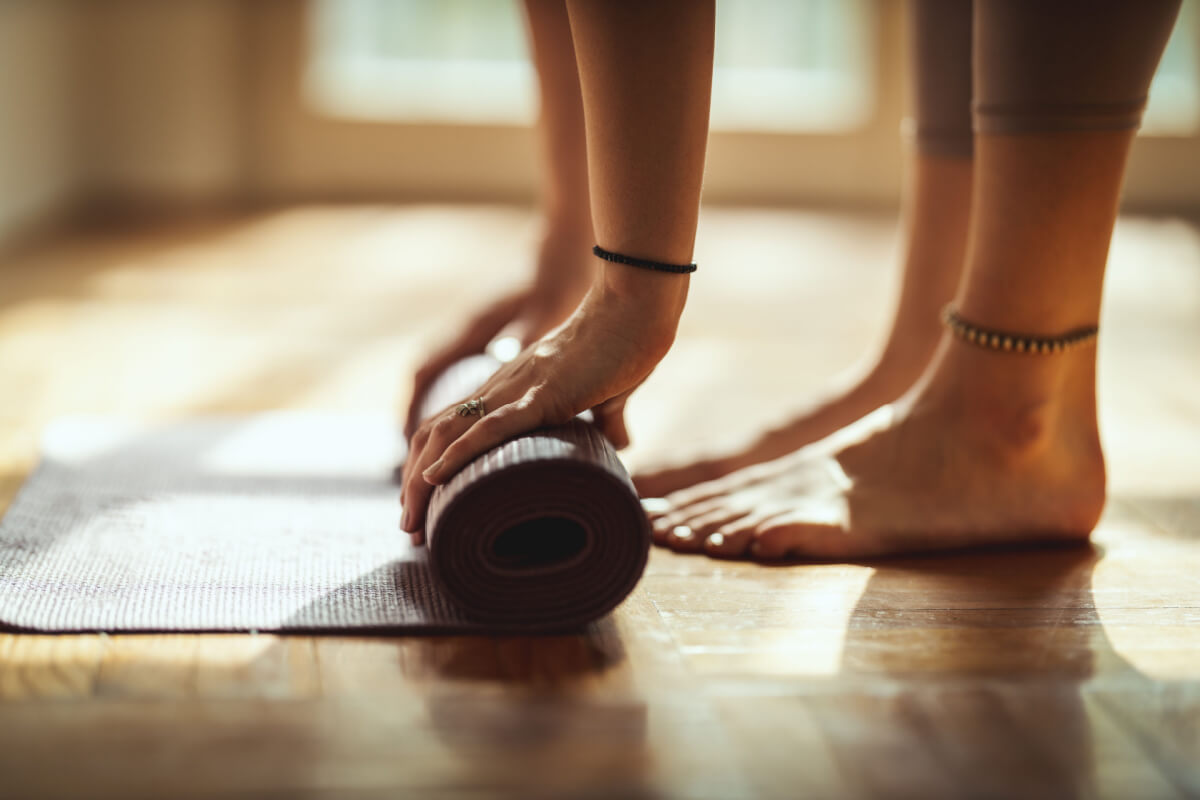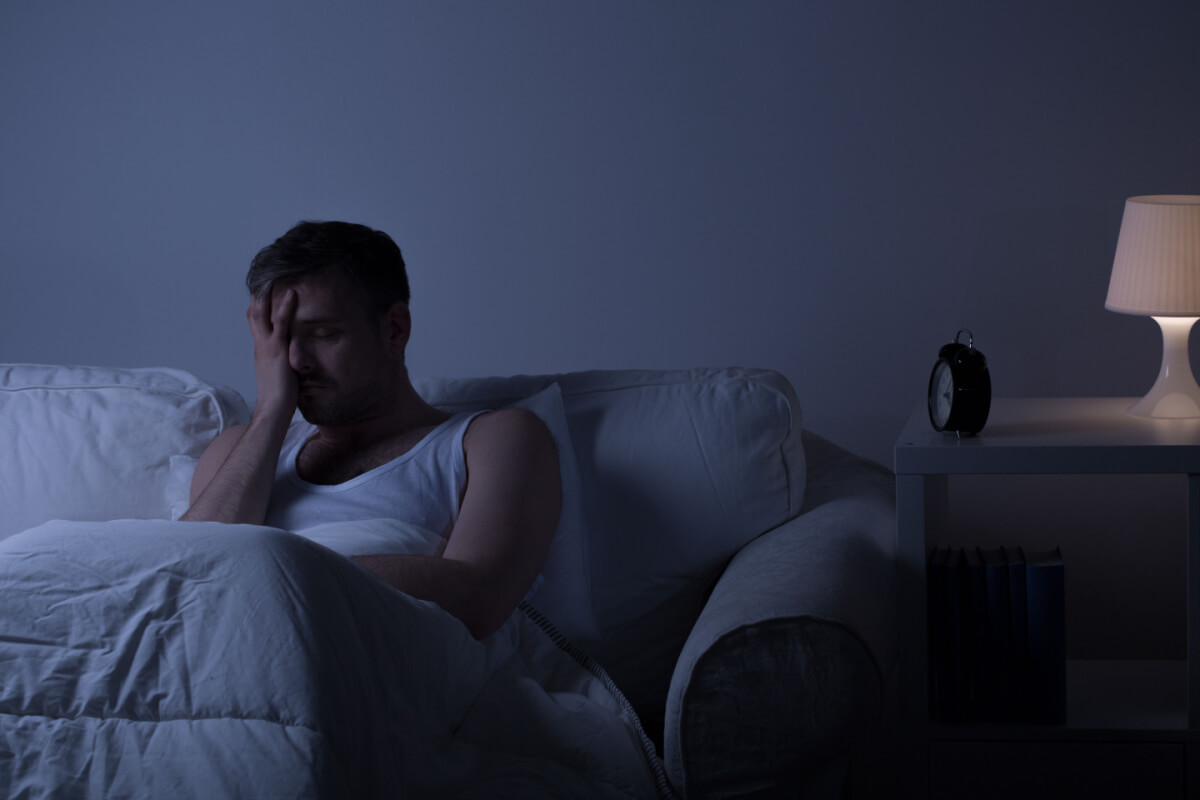
Approximately 30% of the general population report one or more symptoms of insomnia, which can often hide the impact alcohol use has on sleep quality.[1] However, alcohol has been shown to significantly impact sleep, with more than two servings of alcohol per day for men or one serving per day for women decreasing sleep quality by 39.2%.[2]
Can Drinking Alcohol Cause Insomnia?
While not all of alcohol’s impacts on sleep are understood, it’s clear from the research and anecdotal evidence that its use can have a seriously negative impact, especially if one drinks alcohol close to bedtime. Alcohol can sometimes promote sleepiness but, importantly, it also disrupts the quality of a person’s sleep.[1]
Alcohol reduces REM sleep and causes sleep disruptions, making sleep less restful. Studies have shown alcohol dependence specifically is associated with “chronic sleep disturbance, lower slow wave sleep, and more rapid eye movement sleep than normal.”[3]
Insomnia’s Connection to Alcohol
Insomnia is characterized by a person having trouble falling asleep or staying asleep.[4] It can also be signaled by low-quality sleep, where a person may sleep only to awaken still feeling tired.
Short-term insomnia lasts between one and six months. This type of insomnia is commonly caused by stress. Chronic insomnia, which is often caused by underlying issues like depression or chronic pain, is insomnia that has lasted longer than six months.[4]
The unfortunate reality is that insomnia and alcohol are strongly connected.[2] Alcohol use disrupts sleep and is only going to worsen one’s quality of sleep if they already have insomnia.
Furthermore, insomnia complaints have been linked to an increased risk of relapse for people recovering from alcohol use disorder (AUD).[9] It isn’t just alcohol misuse that can contribute to insomnia but the reverse as well.
The Role of Alcohol in Sleep Disturbances
Alcohol can play a big role in sleep disturbances, impacting one’s ability to get a good night’s rest.
Sleep Architecture
There is an important concept for understanding sleep called sleep architecture. Broadly, this term refers to the way in which we sleep.
Mammals have been shown to have two distinct states of sleep: rapid eye movement (REM) and non-rapid eye movement (NREM) sleep. To simplify some complex concepts, we sleep in phases. We go from relaxed wakefulness to a light Stage 1 NREM sleep and then to a deeper Stage 2 NREM sleep. Then, we eventually go to Stages 3 and 4 NREM sleep (called slow wave sleep).
This pattern is interrupted by a rise to REM sleep, which lasts for a short period, then a steady fall back through the stages of NREM sleep. This process cycles until a person eventually awakens.
Compared to informational charts showing an “ideal” set of sleep cycles, even a healthy person’s sleep pattern likely won’t match exactly. However, a person with insomnia will have significantly disrupted sleep architecture and, as a result, will feel a notable decline in their sleep quality.
Alcohol’s Impact on Sleep Patterns & Metabolism
One way alcohol may contribute to insomnia is through the neurochemical changes it causes. Alcohol has gamma-aminobutyric acid (GABA) agonist properties. GABA is what’s called an inhibitory neurotransmitter, lessening brain activity. It’s been deemed plausible (although not yet fully confirmed) that alcohol use may cause the suppression of REM sleep in the short term through its effects on GABA.
Alcohol has also been shown to affect how another important chemical called adenosine is formed and functions in the brain during sleep.[5] This chemical is believed to help the brain monitor the accumulated amount of wakefulness and sleep, helping to signal when a person needs to sleep.
Even after alcohol is metabolized, meaning the body has fully broken it down, it has been shown to still cause sleep disruptions for at least several hours. At high doses, alcohol has been shown to have a rebound effect, basically causing the body to adjust to have almost an opposite effect to the effect alcohol had once it is metabolized. This disrupts the second half of a person’s sleep in addition to the first half, which is normally disrupted by alcohol.[5] Put another way, the body poorly adjusts to the presence of alcohol when trying to sleep, and those adjustments then result in an overcorrection once the alcohol is eliminated.
REM Sleep & Sleep Apnea
REM sleep is considered crucial for restorative rest. If the brain can’t enter REM sleep, the recovery processes we undergo when we sleep can’t fully engage. This means the disruptions alcohol can cause to a user’s sleep cycles literally make sleep less effective. A person sleeping the same amount as another, but with their sleep cycles disrupted, will feel less rested and more tired.
Alcohol use may also increase a person’s risk of sleep apnea, a sleep disorder where a person snores loudly and their breathing is not consistent during sleep. One study found alcohol consumption could increase a person’s risk of sleep apnea by 25%.[6] If this occurs, a person’s sleep is going to be even further disrupted.
Factors Contributing to Alcohol-Induced Insomnia
The amount a person drinks and the timing of their drinking can contribute to the severity of their alcohol-induced or alcohol-exacerbated insomnia. As a general rule, drinking more heavily is going to be more disruptive. If you drink, drinking closer to when you go to sleep can have a significantly worse effect than drinking earlier.
As discussed earlier, some effects of alcohol on sleep only seem to occur with heavier levels of drinking. What a study considers “high” or “heavy” drinking can vary somewhat, but if you’re drinking two or more drinks close to when you sleep, you will generally be hitting the threshold of alcohol consumption that studies find to be most disruptive.
Alcohol Withdrawal & Insomnia
It’s also worth discussing that alcohol withdrawal may contribute to insomnia.[7] This occurs after a person drinks alcohol chronically, grows dependent and then stops drinking.
Alcohol withdrawal can cause a number of uncomfortable symptoms, making sleep more difficult. It can also cause anxiety and restlessness, which may contribute more directly to insomnia.
This is one of many reasons it’s recommended that an individual talk with a professional before detoxing from alcohol. They can help you prepare for the process and ensure you stay safe and in relative comfort during the worst of withdrawal. Many forms of Medication for Addiction Treatment (MAT) are available to manage alcohol withdrawal and aid in recovery from AUD.
Since a lack of quality sleep can increase the risk of relapse with AUD, comprehensive addiction treatment is recommended in conjunction with medical care.[8]
When to Seek Help
A good rule is that if an element of your life is significantly impacting your health or happiness, you should seek help. If you constantly feel tired or need to sleep more than eight hours to feel rested, something is wrong and you likely have insomnia. If you regularly drink, even when that drinking is hurting you or people you care about, you likely have a problem with alcohol and may have AUD.[10]
Either problem warrants professional help. You can start the process of confronting these issues and finding a path toward a life where you feel rested and in control of your actions. A healthcare professional can discuss available treatment options for alcohol use disorder and insomnia with you, including therapy, medications and lifestyle changes.
A Path to Better Rest
Alcohol use can negatively impact sleep. If you drink heavily or before bedtime, it’s much more likely to cause issues.
While not all the mechanisms of why this is the case are understood, research has shown it is true. If you only drink occasionally and in moderation, and you want to maintain good sleep, make sure that you are sober before going to bed. If you still don’t sleep well, consult a sleep professional.
If you suspect your alcohol consumption is impacting your sleep but feel you cannot stop drinking on your own, seek help. No matter how impossible reducing or stopping your drinking feels, recovery is within reach. Talk to a treatment professional about the next steps to get started on a path to a better future in recovery.

Reviewed By Peter Manza, PhD
Peter Manza, PhD received his BA in Psychology and Biology from the University of Rochester and his PhD in Integrative Neuroscience at Stony Brook University. He is currently working as a research scientist in Washington, DC. His research focuses on the role ... Read More
- Roth T. Insomnia: definition, prevalence, etiology, and consequences. Journal of Clinical Sleep Medicine. 2007;3(5 suppl). https://doi.org/10.5664/jcsm.26929
- Pacheco D, Singh A. Alcohol and sleep. Sleep Foundation. Published September 4, 2020. Accessed February 17, 2024. https://www.sleepfoundation.org/nutrition/alcohol-and-sleep
- Colrain IM, Nicholas CL, Baker FC. Alcohol and the sleeping brain. Handbook of Clinical Neurology. 2014;125:415-431. https://doi.org/10.1016/b978-0-444-62619-6.00024-0
- Insomnia. Stanford Medicine. Accessed February 17, 2024. https://stanfordhealthcare.org/medical-conditions/sleep/insomnia.html
- Roehrs T, Roth T. Sleep, sleepiness, and alcohol use. Alcohol Research & Health. 2001;25(2):101-109. https://www.ncbi.nlm.nih.gov/pmc/articles/PMC6707127/
- Simou E, Britton J, Leonardi-Bee J. Alcohol and the risk of sleep apnoea: A systematic review and meta-analysis. Sleep Medicine. 2018;42:38-46. https://doi.org/10.1016/j.sleep.2017.12.005
- Miller MB, Donahue ML, Carey KB, Scott-Sheldon LAJ. Insomnia treatment in the context of alcohol use disorder: A systematic review and meta-analysis. Drug and Alcohol Dependence. 2017;181:200-207. https://doi.org/10.1016/j.drugalcdep.2017.09.029
- Brower KJ. Insomnia, alcoholism and relapse. Sleep Medicine Reviews. 2003;7(6):523-539. https://doi.org/10.1016/s1087-0792(03)90005-0
- Barb JJ, Brooks AT, Kazmi N, Yang L, Chakravorty S, Wallen GR. A lower sleep regularity index (SRI) is associated with relapse in individuals with alcohol use disorder following inpatient treatment. Scientific Reports. 2022;12(1):21583. https://doi.org/10.1038/s41598-022-26019-y
- Plescia F, Cirrincione L, Martorana D, et al. Alcohol abuse and insomnia disorder: Focus on a group of night and day workers. International Journal of Environmental Research and Public Health. 2021;18(24):13196. https://doi.org/10.3390/ijerph182413196
Download Our Free Program Guide
Learn about our program, its effectiveness and what to expect
Related articles
Imagine what’s possible on the other side of opioid use disorder.
Our science-backed approach boasts 95% of patients reporting no withdrawal symptoms at 7 days. We can help you achieve easier days and a happier future.

